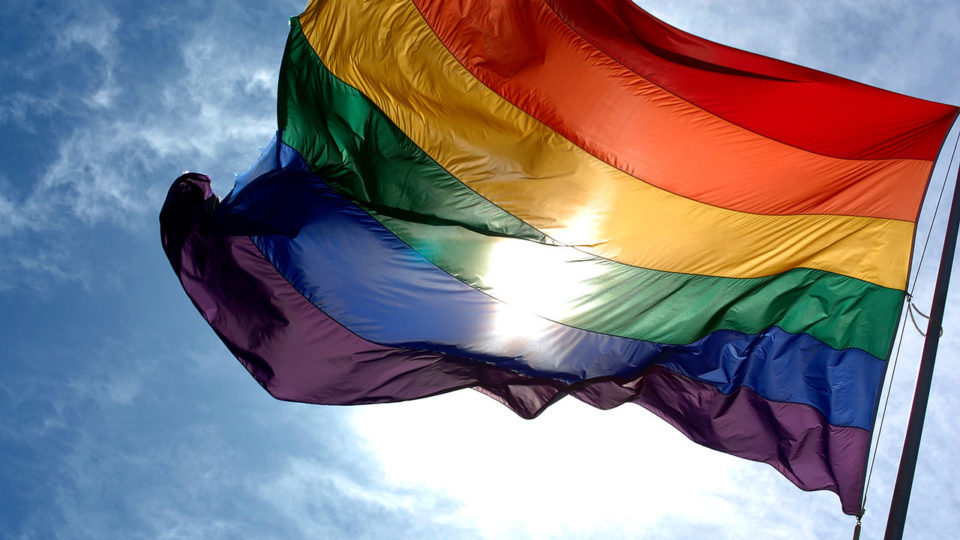A year after Singapore scrapped the colonial-era law that criminalized homosexuality, a new survey by Milieu Insight and Pink Dot reveals that housing is the most urgent issue for the local LGBTQ+ community.
The survey, which polled 1,000 Gen Z (16 to 26) and millennial (27 to 34) Singaporeans, both LGBTQ+ and non-LGBTQ+, comes after the recent policy announcements at the National Day Rally 2023.
“With the repeal of Section 377A [of the Penal Code] marking the beginning of a new chapter, the views of youths in Singapore are more important than ever in shaping what’s next for the queer community in Singapore,” Pink Dot SG spokesperson Clement Tan said in a press release.
“We hope this research can be a resource for both policy-makers and community organizations to better understand the issues which are most pressing to Singapore’s LGBTQ+ community today.”
The survey found that 60 percent of respondents believe that the LGBTQ+ community still faces discrimination in Singapore, with Gen Z respondents (65 percent) more likely to agree than millennials (55 percent). LGBTQ+ respondents were also more likely to perceive discrimination (80 percent) than their heterosexual counterparts (59 percent).
Only 11 percent of those who acknowledged discrimination felt that enough has been done to tackle it. Meanwhile, 36 percent of young Singaporeans agreed that Singapore is generally a livable city for LGBTQ+ people.
Housing woes
The survey identified barriers to starting families, harassment/bullying and barriers to buying homes as the most pressing LGBTQ-related issues, with more than half of young Singaporeans agreeing that these were problems for the LGBTQ+ community. Among LGBTQ+ respondents, barriers to buying homes emerged as the top priority, with 31 percent of them choosing this as their main concern.
“We see a lot of concern around bread and butter issues like barriers to homeownership, particularly by respondents who identify as LGBTQ+. In this context, the government’s recent review of housing policy is overdue,” said Tan, referring to Prime Minister Lee Hsien Loong’s National Day Rally speech that announced more housing options for singles.
“Affordable housing is a gap which needs to be plugged for LGBTQ+ people who face many challenges and structural constraints in obtaining housing in Singapore. We welcome the steps taken towards a more inclusive and equitable public housing system, and hope to see further changes which align with the diverse needs and aspirations of young Singaporeans.”
School bullying
The survey also highlighted the need for urgent action on LGBTQ-based harassment and bullying, especially in schools. Gen Z respondents (61 percent) were more likely to agree that LGBTQ+ people face harassment or bullying than millennials (50 percent). When asked who should play the most important role(s) in addressing discrimination against the LGBTQ+ community, respondents named the government (84 percent), individuals/community (72 percent), schools (61 percent) and religious institutions (52 percent). Gen Z respondents (68 percent) were more likely to single out schools as a key stakeholder in tackling discrimination than millennials (51 percent).
“LGBTQ-based harassment and bullying need urgent attention too, particularly in schools,” said Tan.
“We have heard accounts of teachers who are helpless in preventing the bullying of LGBTQ+ youths due to mixed messages from administrators. In some cases, teachers and administrators are themselves responsible for the discriminatory treatment. LGBTQ+ youths have been found to be at higher risk of self-harm and suicide, and not enough is being done to support them in schools. All youths deserve a safe and caring environment as they grow and learn.”




